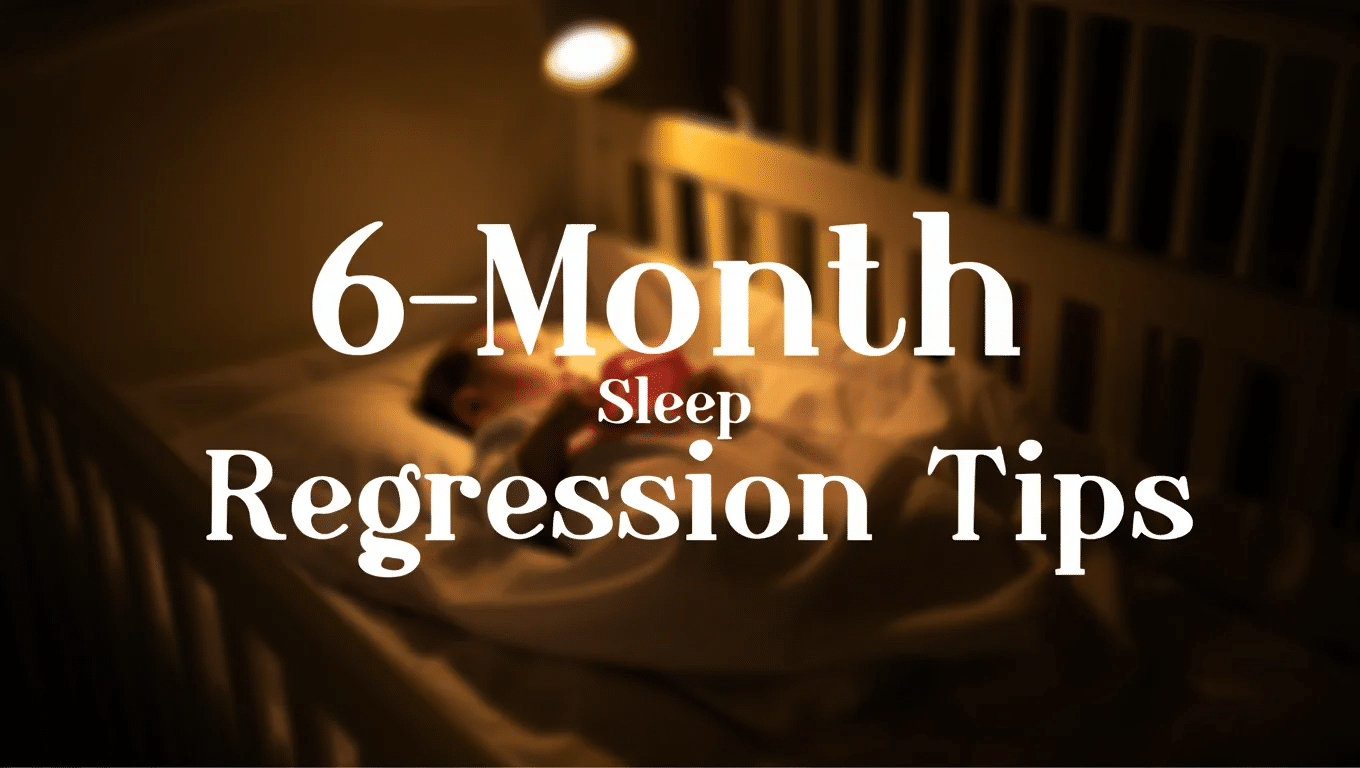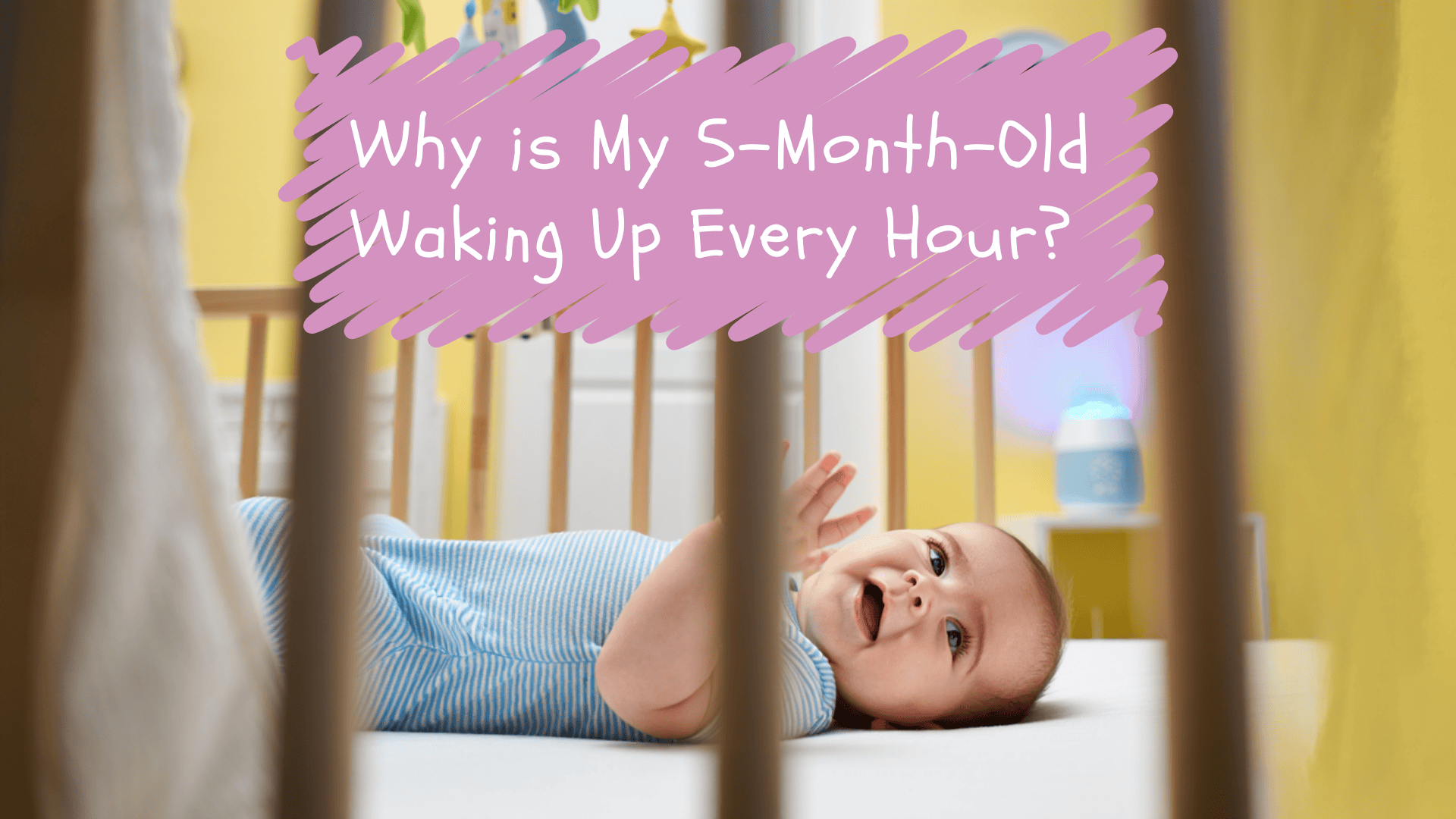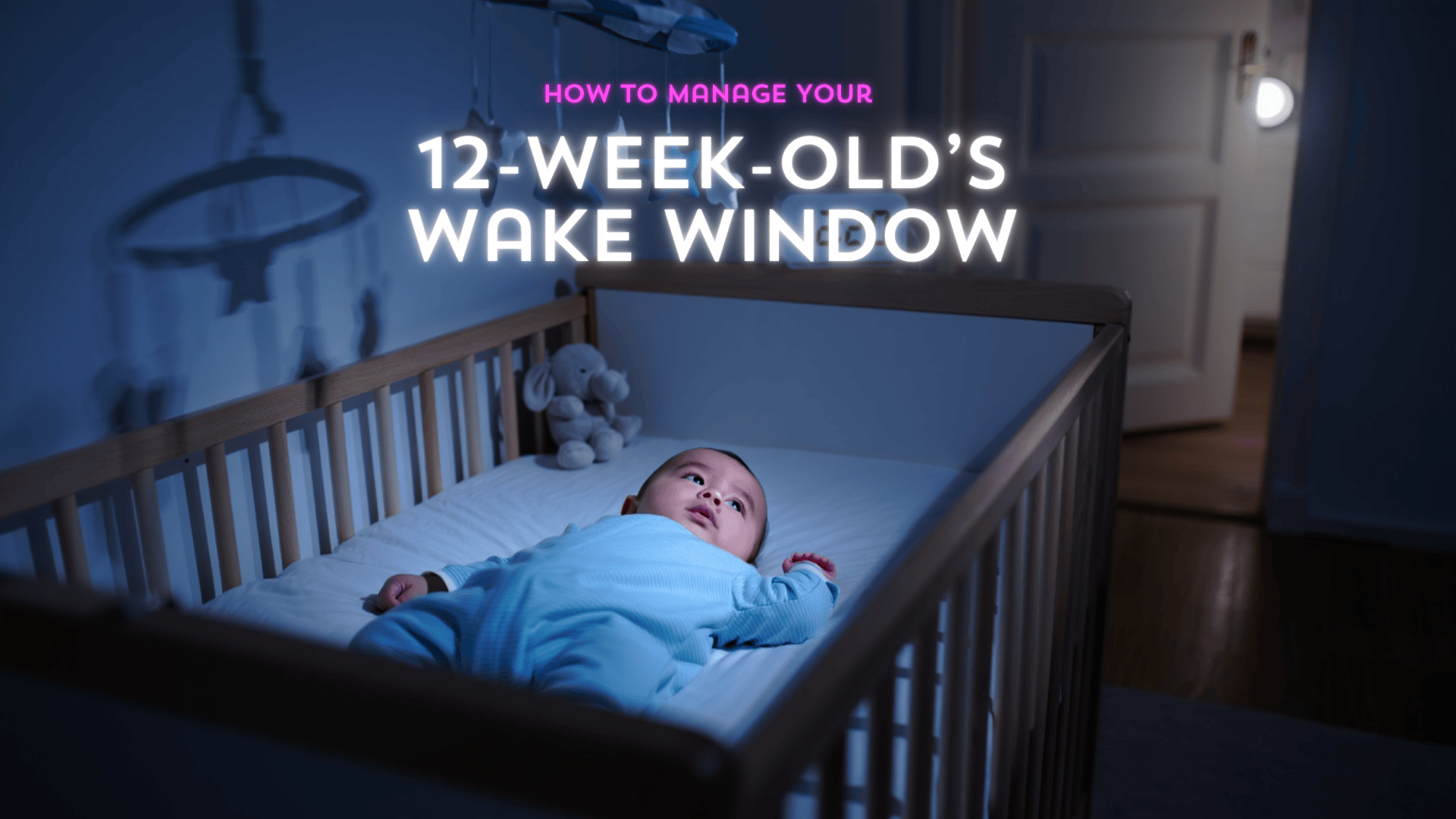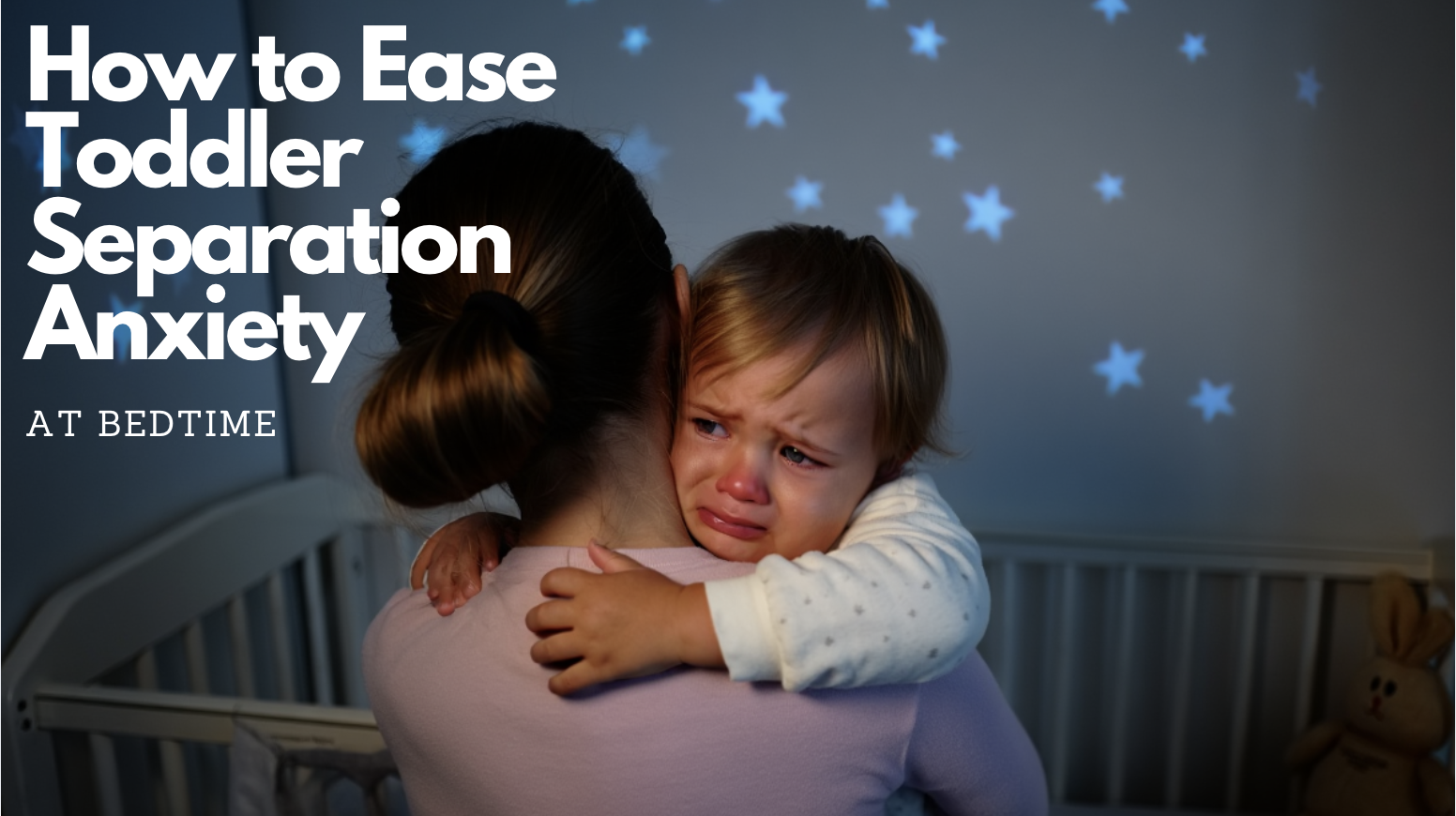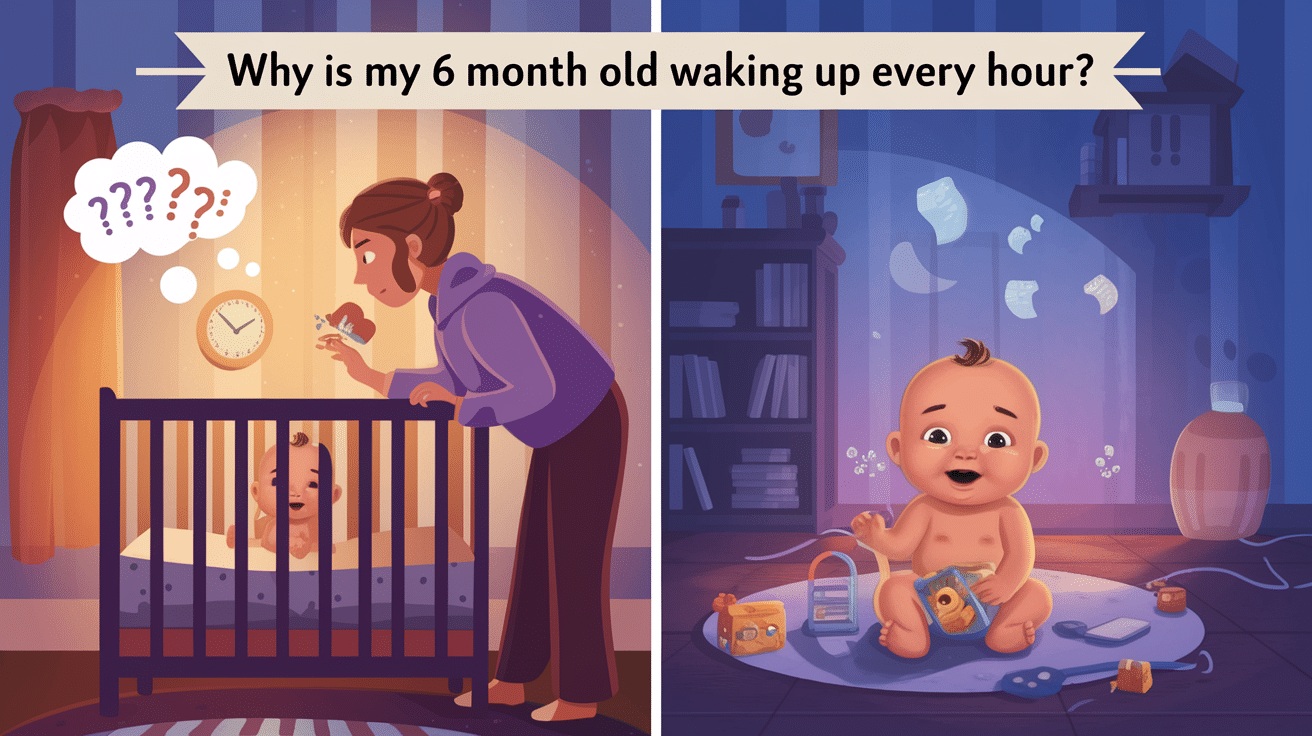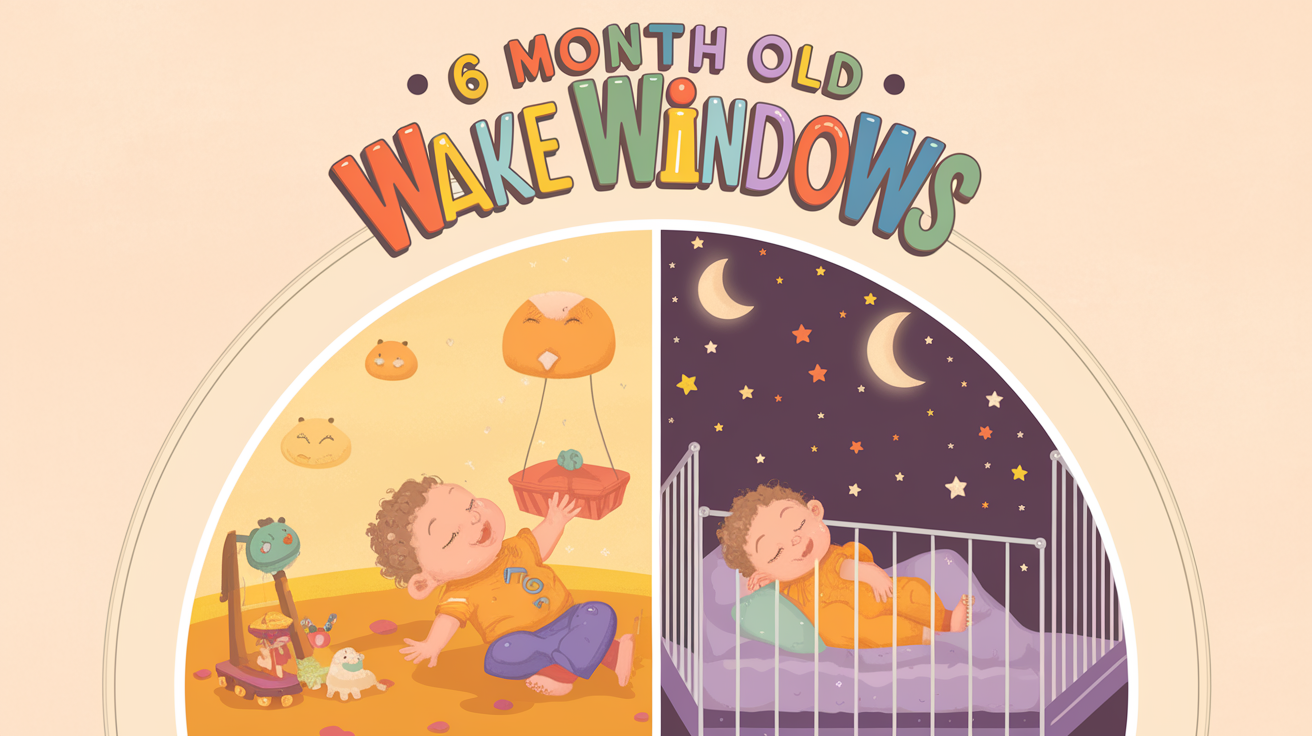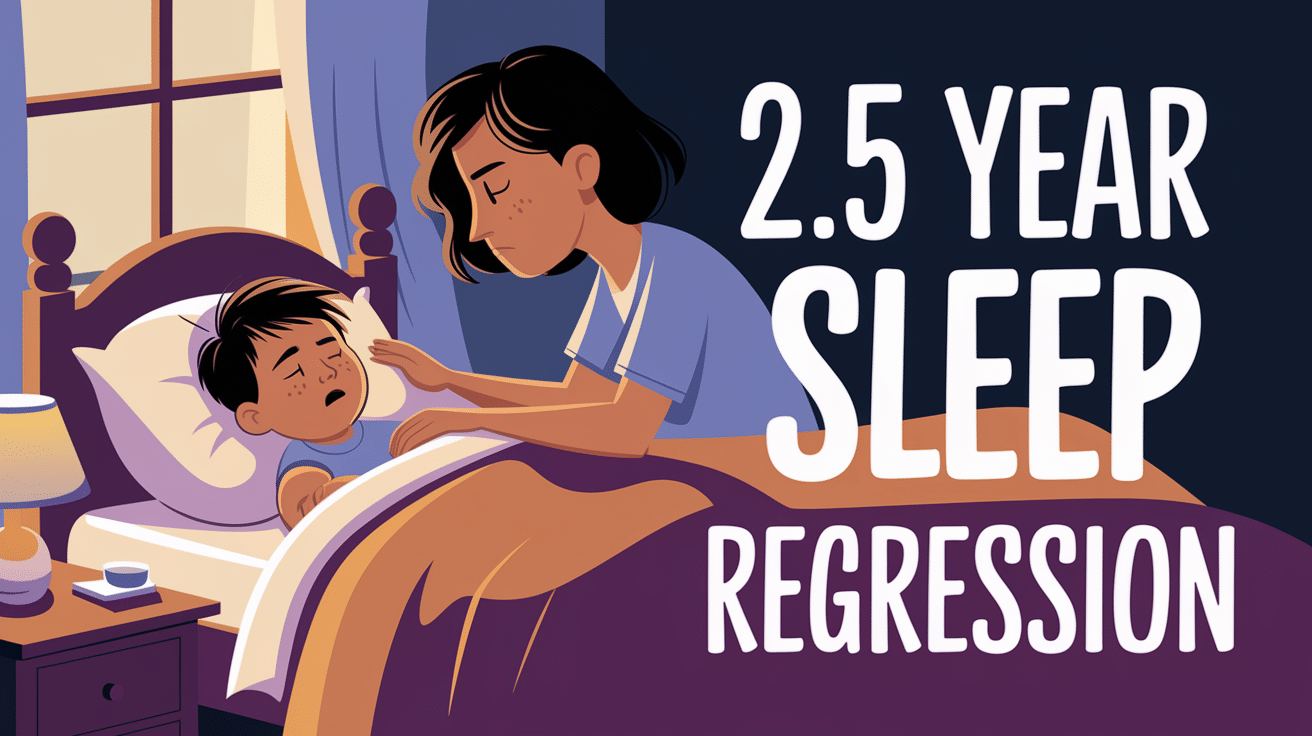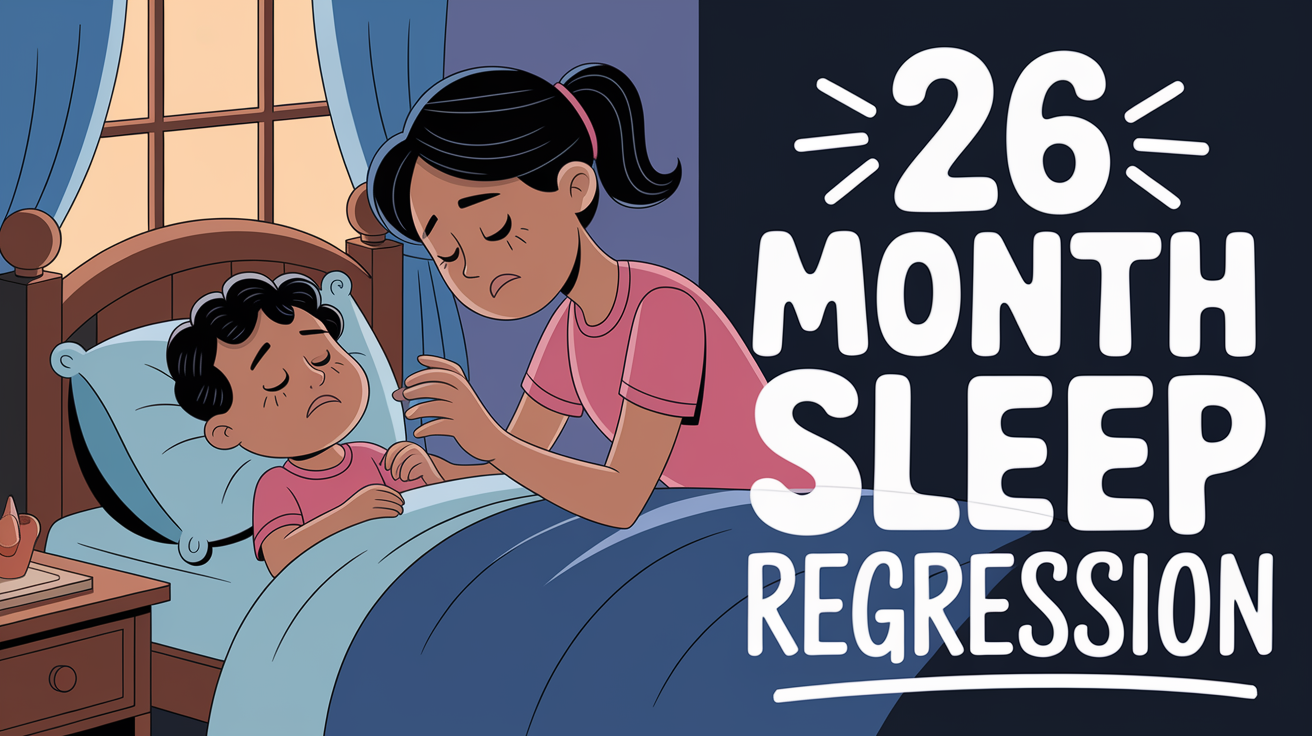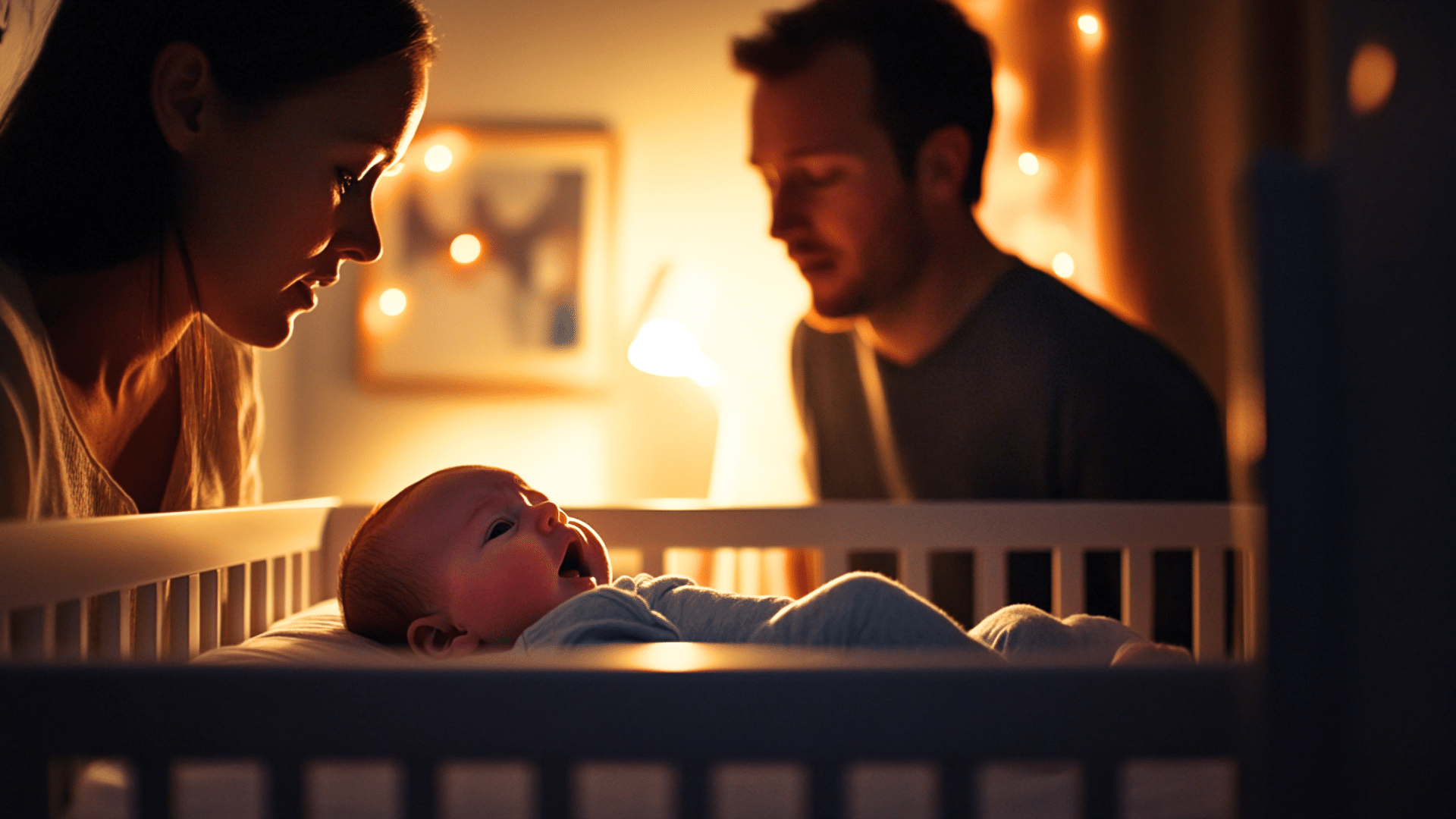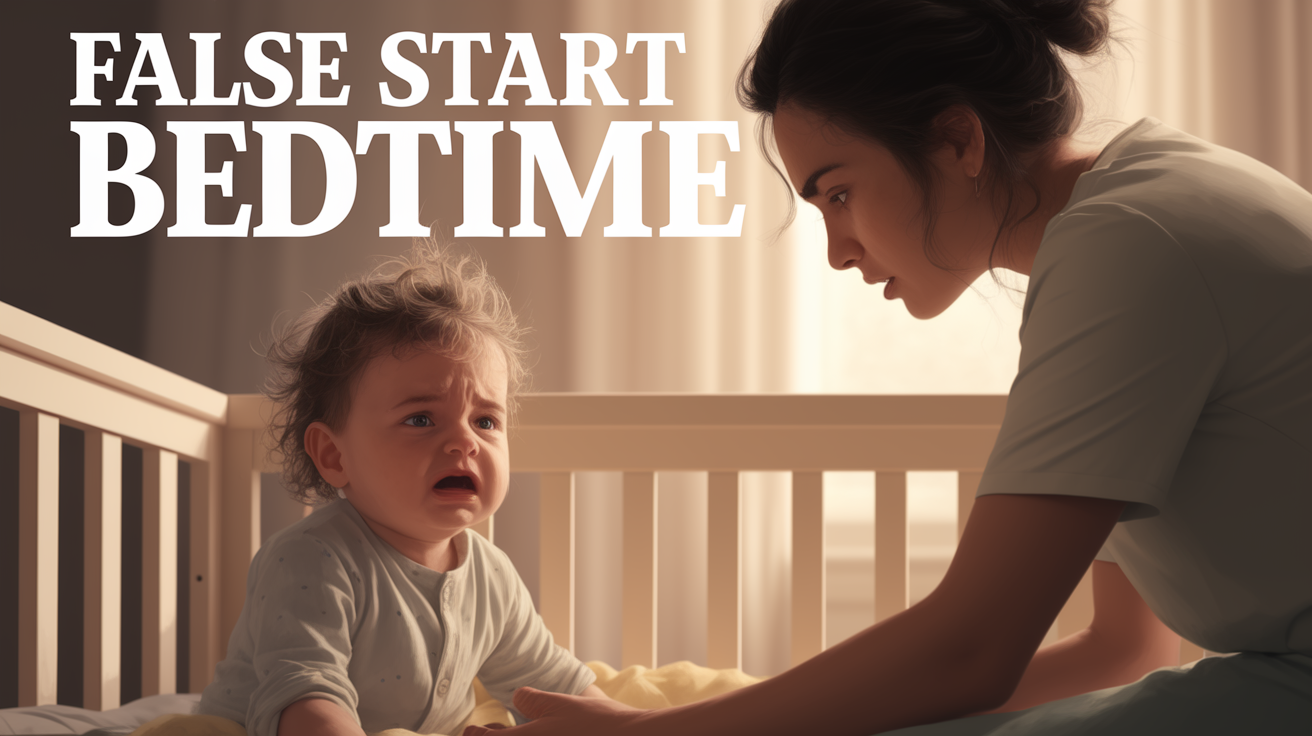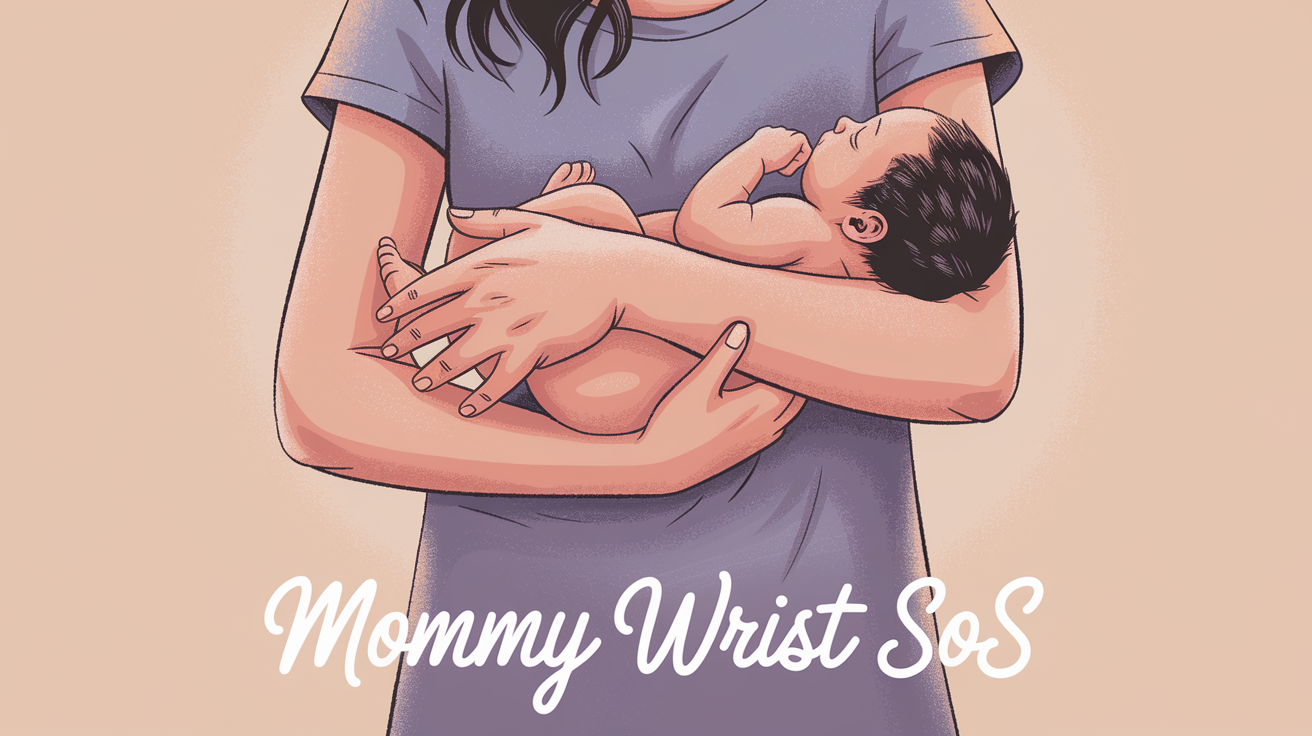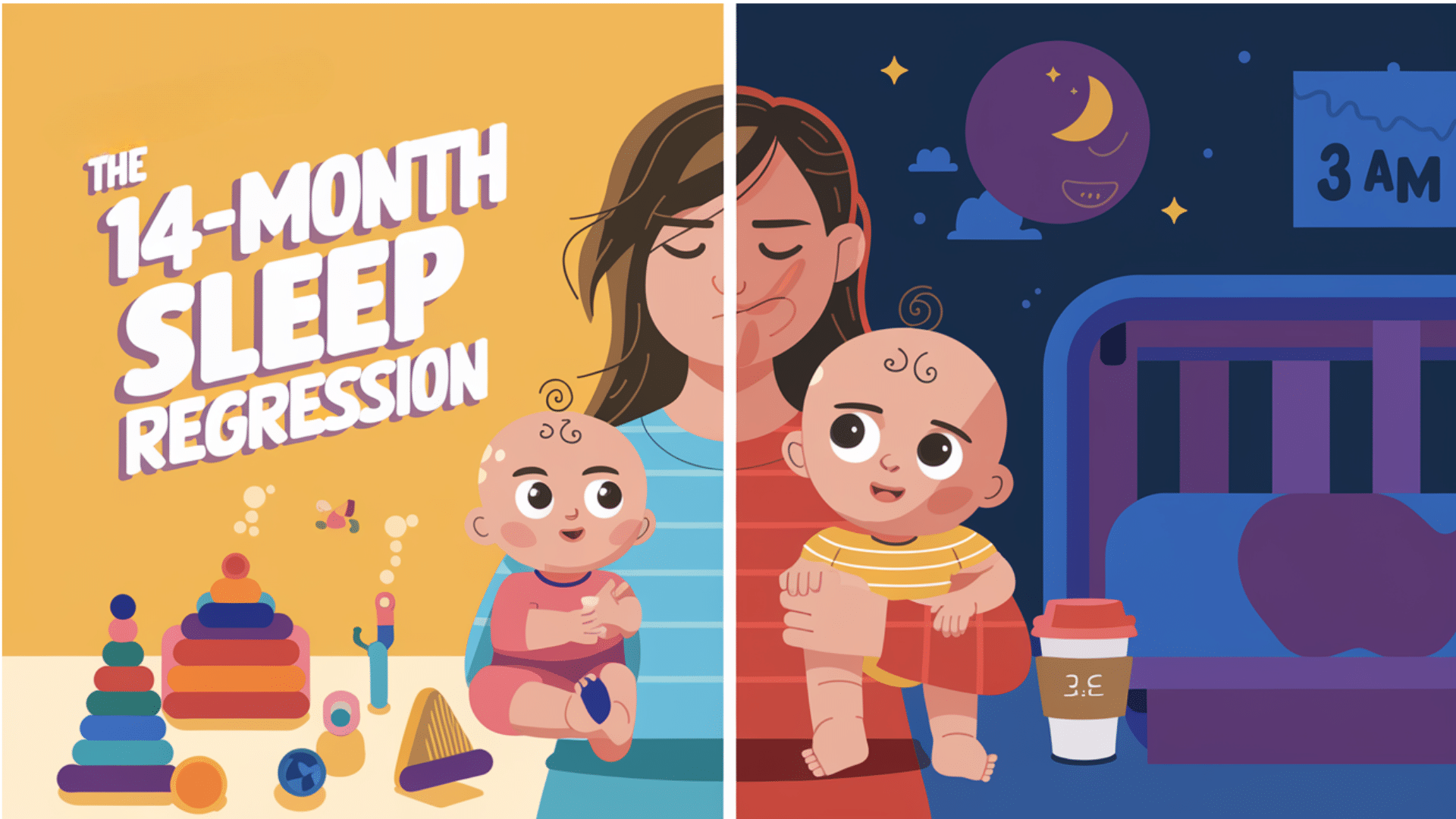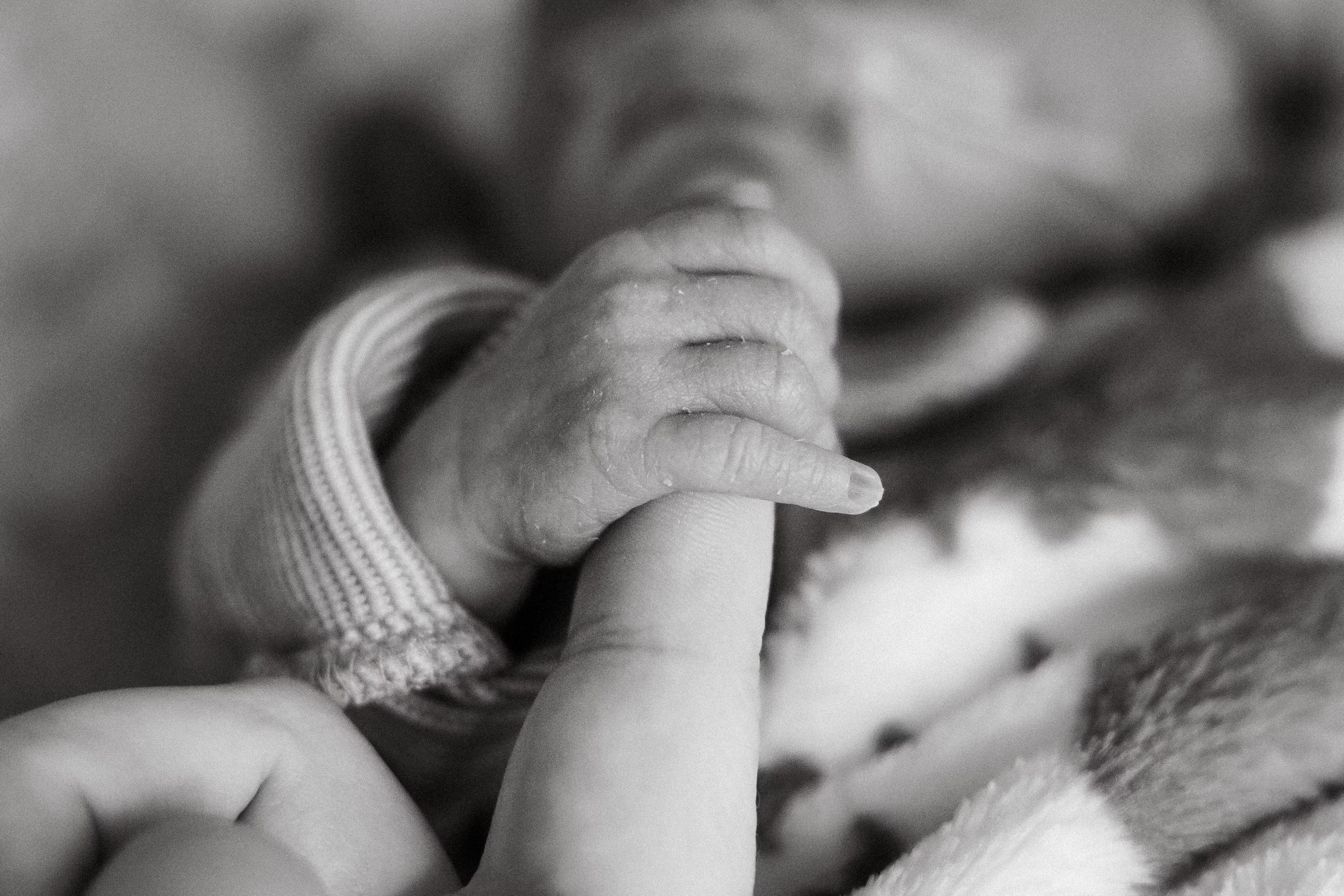
If you’re a parent struggling with your baby’s fussy evening hours, you’re not alone. The witching hour is a real thing that happens to many families with newborns.
During this time, babies become extra cranky, crying more than usual and seeming hard to comfort.
Don’t worry – this is completely normal! Most babies go through this phase, typically between 2-3 weeks and 3-4 months old.
Our blog is packed with complete details on the witching hour, how it is different from Colic, and practical tips and tricks to help you manage these challenging moments. We’ve got everything covered to support you through this tough time.
Looking for ways to handle the witching hour? Read on for all the essential tips and insights!
What Is the Witching Hour for Babies?
The “witching hour” is a time when babies become very fussy and cry more than usual. This is normal and happens to many babies.
During this time, babies may cry for hours and find it hard to calm down. They might refuse to eat or sleep.
When Does It Happen?
The witching hour usually occurs in the late afternoon or evening hours. Most parents notice it starting around 5 PM and can continue until about 11 PM.
You might find that your baby gets fussy around the same time each day, making this period somewhat predictable even though it’s challenging.
At What Age Does It Start and End?
The witching hour typically begins when babies are 2-3 weeks old and can become more intense around 6-8 weeks. Most babies start to outgrow this challenging phase by 3-4 months.
However, if your baby continues to have extended crying episodes beyond 4 months, it’s best to consult with your pediatrician.
Remember, every baby is different, and while this period can be tough, it’s usually a temporary part of infant development.
Why Does the Witching Hour Happen?

Most babies go through this tough time but grow out of it as they age. Don’t worry – it’s not your fault, and it will pass.
Here are some major reasons for the witching hour:
- Overtiredness – Babies who don’t nap enough during the day struggle to settle in the evening.
- Cluster Feeding – Babies may need extra feedings in the evening to prepare for nighttime.
- Overstimulation – Too much activity, lights, and sounds can overwhelm a baby.
- Digestive Discomfort – Gas, reflux, or an immature digestive system can contribute to fussiness.
- Growth Spurts – Babies may cry more when experiencing developmental changes.
Stay calm and keep going – this difficult time with your baby won’t last forever.
Is It the Witching Hour or Colic?
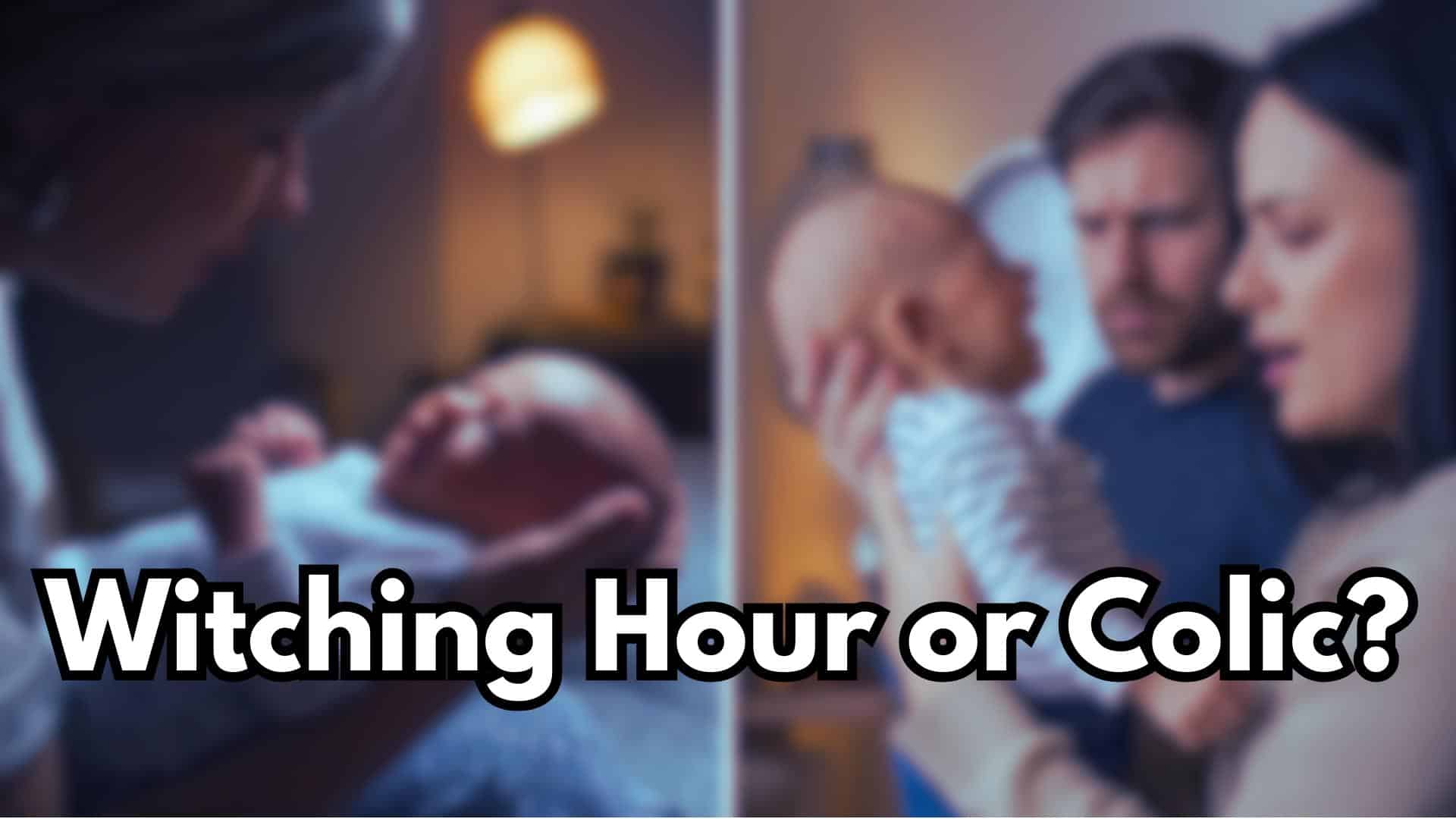
The main difference between witching hour and colic is timing and pattern. Witching hour happens at a set time each day, whereas Colic involves excessive crying for a long period.
Witching Hour happens at a predictable time each day, usually in the evening, and lasts a few hours.
Babies may be fussy, hard to calm, and refuse to sleep during this time, even if they aren’t hungry or need a diaper change.
Colic is defined as when a baby is excessively crying for more than 3 hours a day, at least 3 days a week, for more than 3 weeks. Colicky babies often pull their legs up, clench their fists, and may seem to be in pain when crying.
If you are unsure about the reasons, consult a pediatrician.
Both conditions are normal parts of baby development and will pass with time. Parents should remain patient as these phases are temporary.
Effective Ways to Manage the Witching Hour
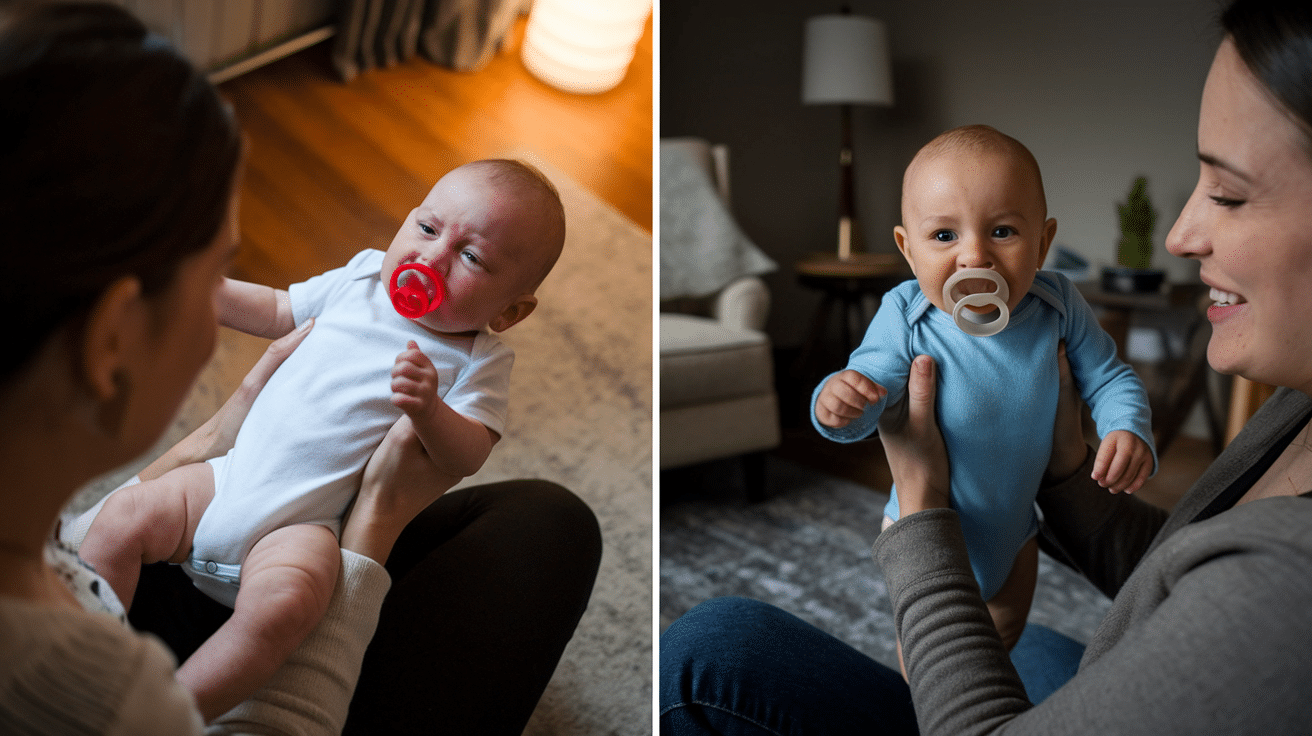
Now you know about the witching hour and colic. You can easily manage the witching hour at home itself. These simple tips can help make this time easier for you and your baby.
- Swaddle the Baby – Creates a womb-like environment for comfort.
- Use White Noise – Mimics the sounds of the womb and helps babies relax.
- Babywearing – Carrying the baby in a sling can provide closeness and warmth.
- Change the Environment – Step outside or move to a quieter room.
- Dim the Lights – Reducing stimulation can help calm an overstimulated baby.
- Encourage Naps During the Day – Prevents overtiredness.
- Try Baby Massage – Gentle touch can help relax and soothe discomfort.
- Use a Pacifier – Sucking a pacifier can provide comfort even when they’re not hungry.
- Check for Gas Pains – Ensure proper burping and try tummy exercises.
- Ensure Basic Needs are Met – Check diaper, temperature, and hunger cues.
These steps will help you and your little one get through this more peacefully.
When Should You See a Pediatrician?

While fussy periods are normal for newborns, if you notice these signs or need extra support as a new parent, don’t hesitate to get in touch with your doctor right away:
- If crying continues more than 3 hours daily for multiple weeks.
- Signs of illness, such as fever, vomiting, or difficulty feeding.
- If the baby seems unusually tired or not gaining weight.
- Changes in breathing patterns or skin color.
- Not wetting enough diapers throughout the day.
Getting help early can stop small problems from becoming bigger health issues later. Remember that pediatricians have
Final Thoughts & Encouragement for Parents
Parenting is tough, and the witching hour can make it even harder. Remember that you’re not alone in this journey.
Every parent goes through challenging moments with their baby. The crying, the frustration, and the exhaustion are all normal parts of raising a child.
Take care of yourself during these times. Rest when you can, ask for help from family or friends, and know this phase will pass. Your baby is growing and learning, and so are you.
Each difficult evening is just a small part of your incredible parenting story.
The witching hour is temporary. Trust yourself, be patient, and remember you are doing well. Your love and care mean everything to your little one.
You’ve got this, parents! Stay strong, and keep loving your little one!
Frequently Asked Questions (FAQs)
What Is the Witching Hour for Babies?
The witching hour is a period of increased fussiness in babies, usually in the late afternoon or evening, around 5 PM to 11 PM. It typically starts at 2-3 weeks old.
How Long Does the Witching Hour Last?
Despite its name, it lasts 2-3 hours each evening. Most babies grow out of it by 3-4 months.
Is the Witching Hour the Same as Colic?
No. Witching hour happens at a predictable time each day and improves with soothing techniques. Colic is defined as crying for more than 3 hours a day, 3 days a week, for over 3 weeks.





